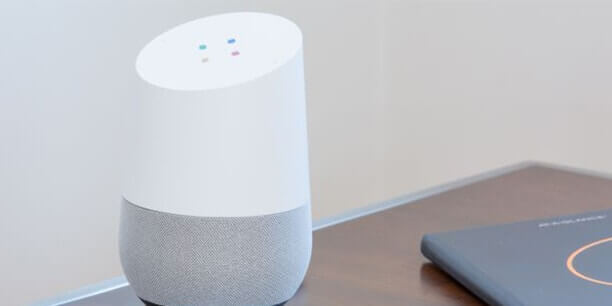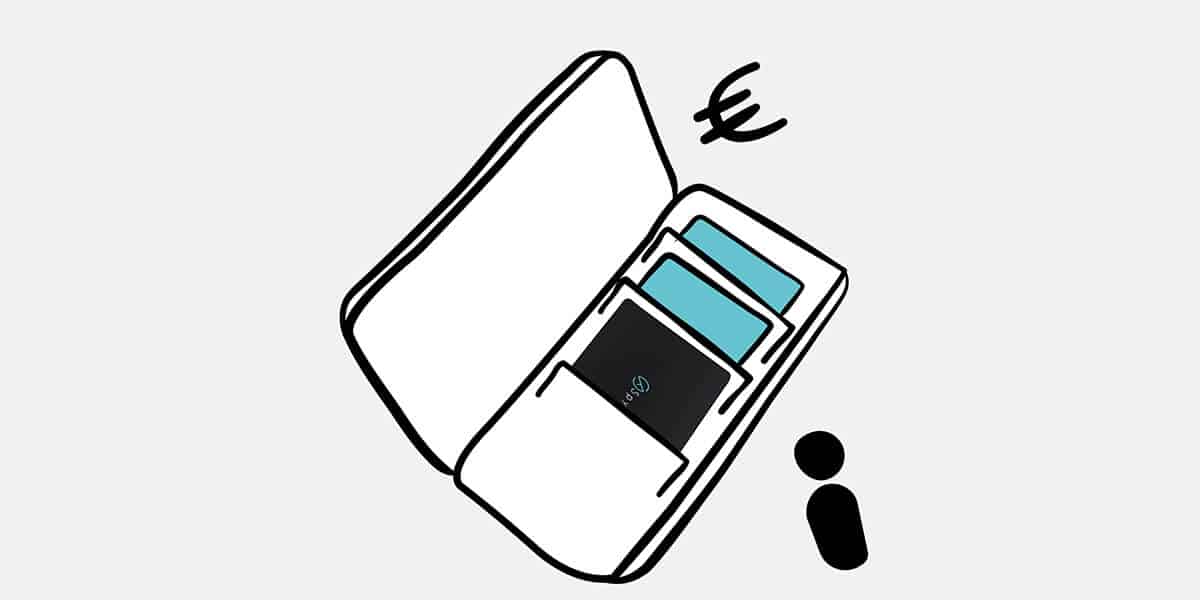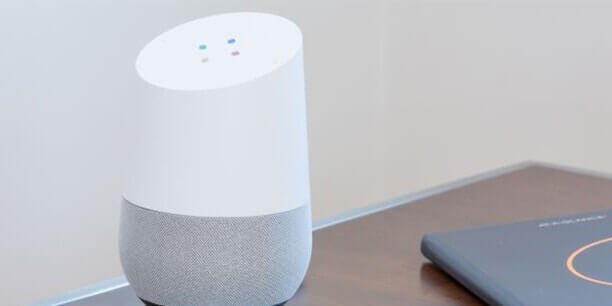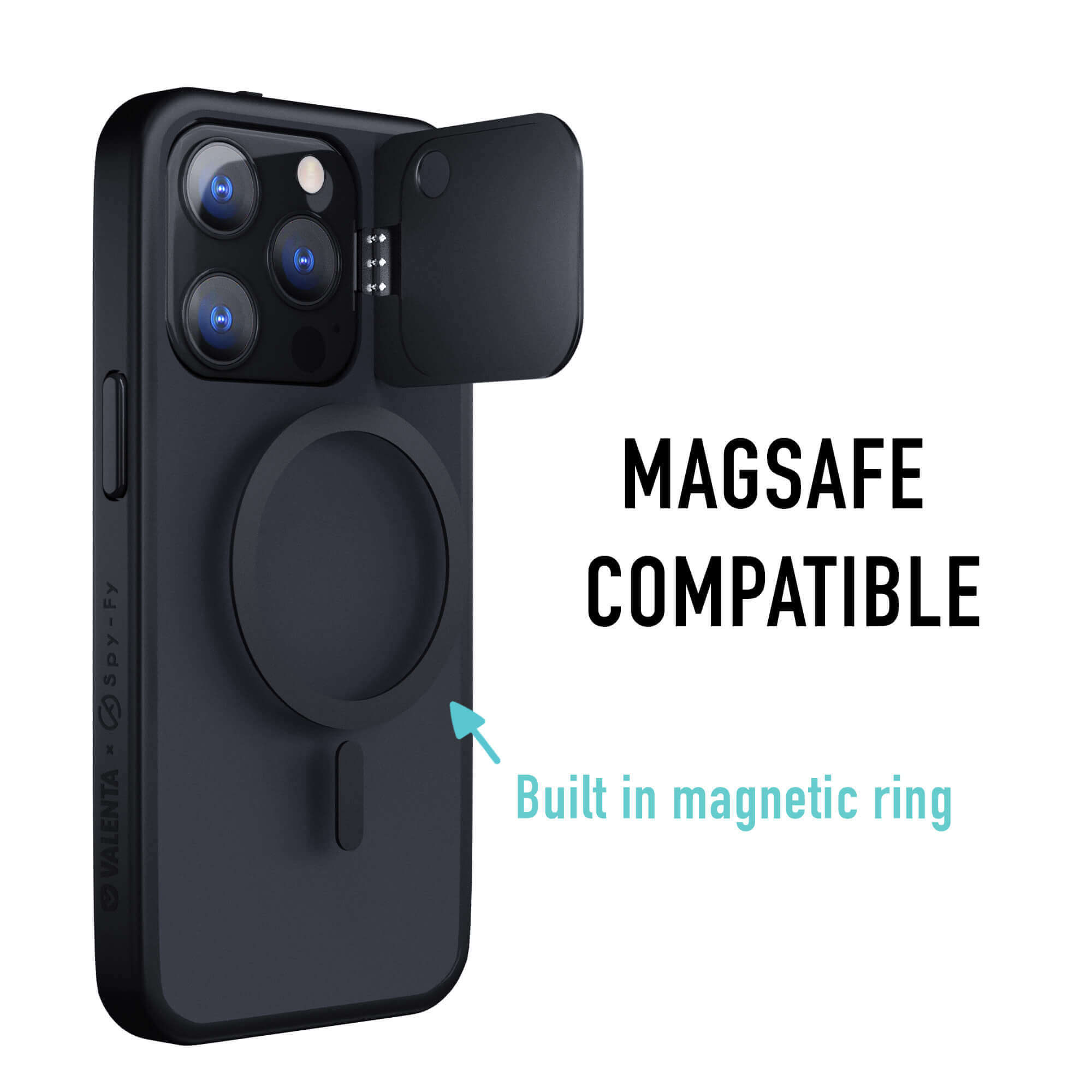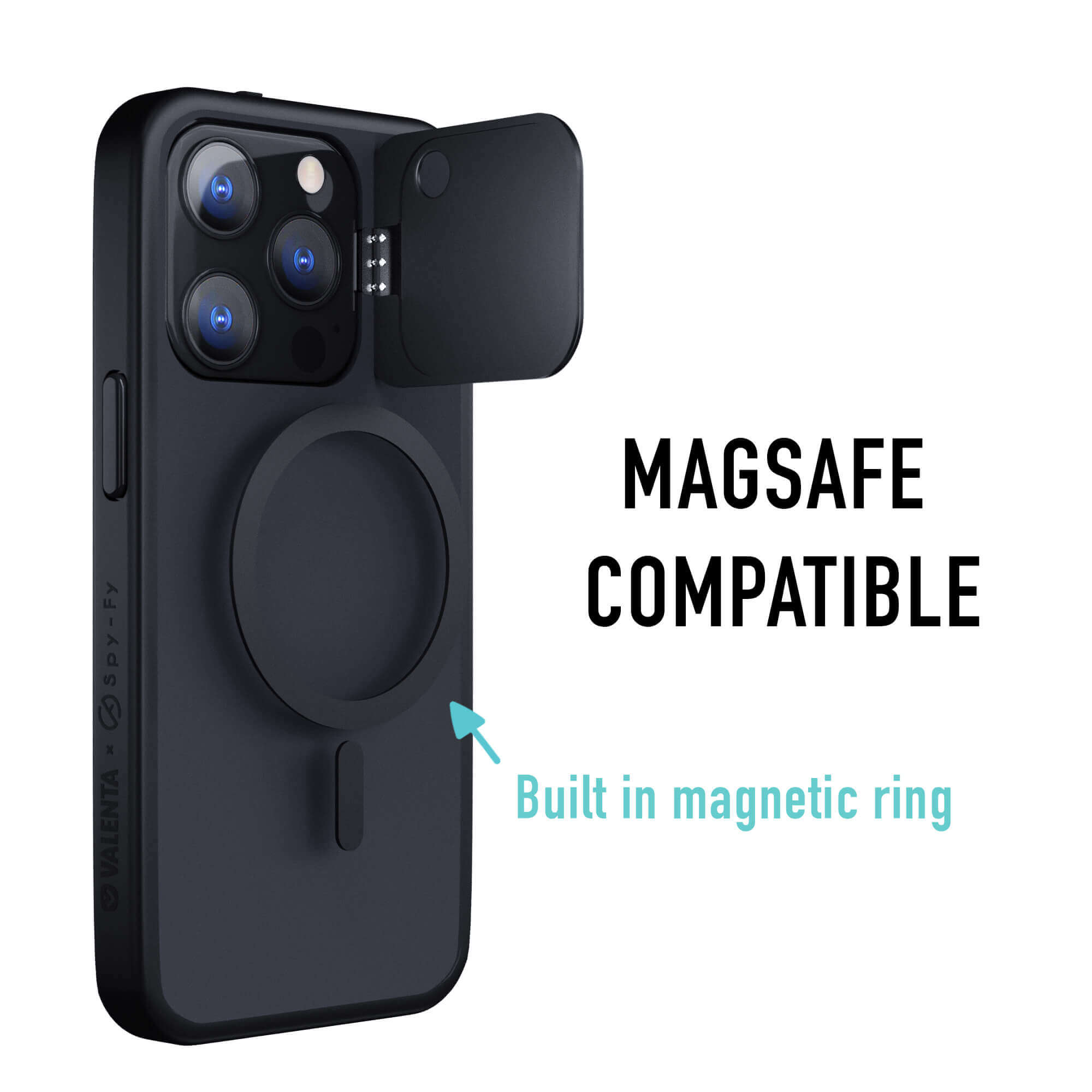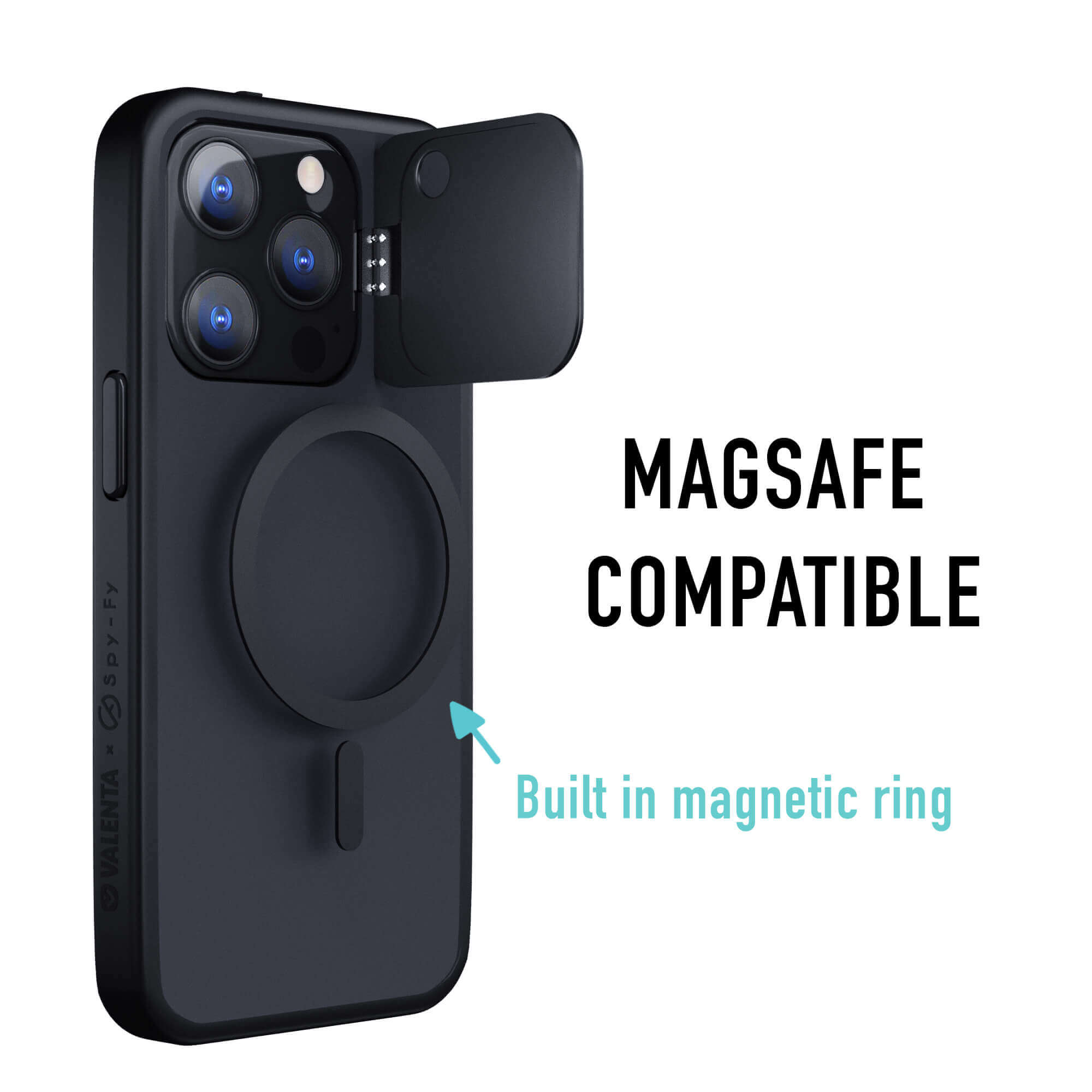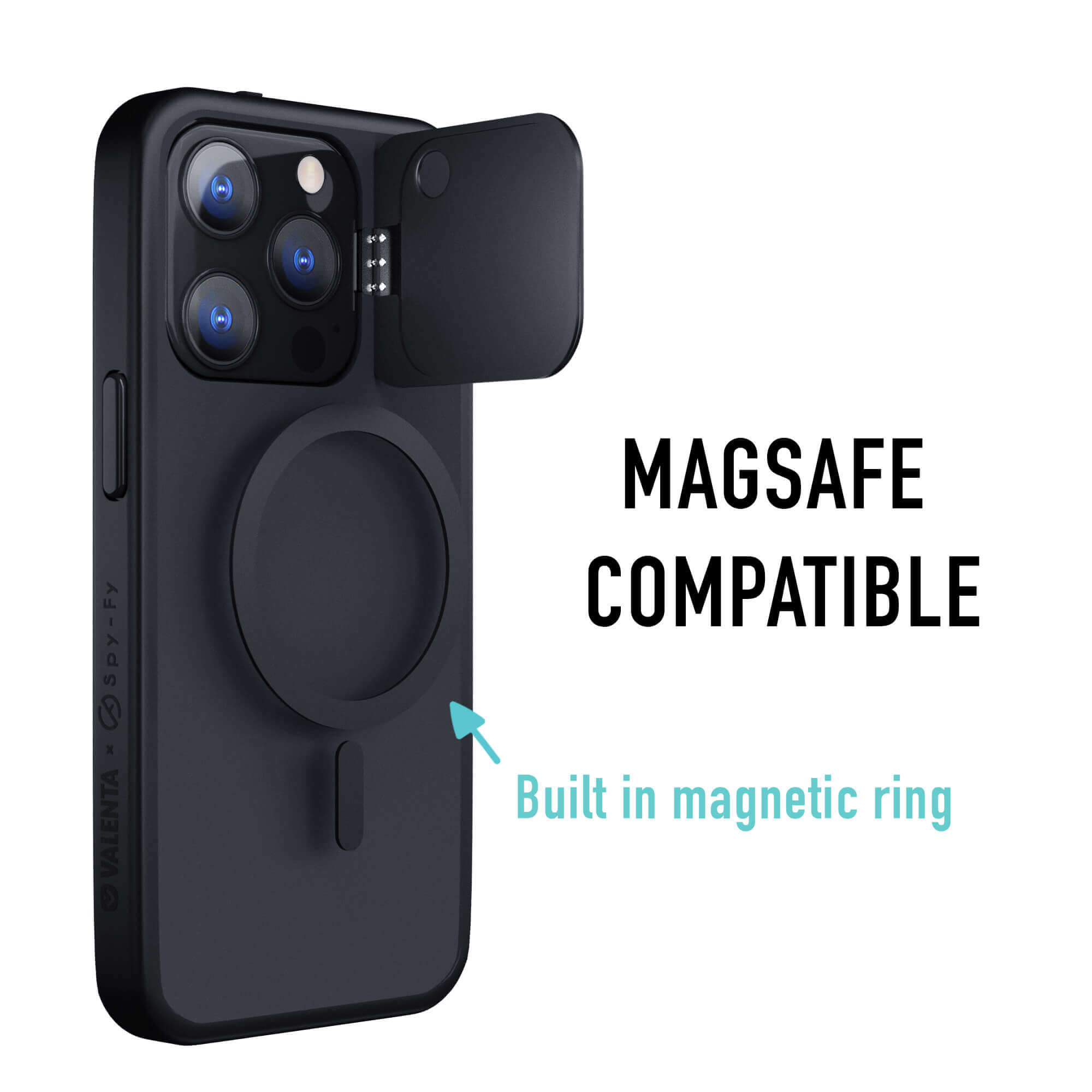When we need information, we Google it. When we have a question, we Google it. Google has often provided the answers to all our search queries, and with their smart speaker the Google Home (Nest), you can now ask Google all your questions with a simple “Okay Google”. Smart devices like Google Home and Alexa have made our lives easier in many respects, but this should not be at the expense of our personal privacy. Spy-Fy has investigated privacy concerns regarding “Google Home” in order to help clarify the potential privacy risks for consumers.
TLDR:
- Smart devices like Google Home are always listening.
- Accidental virtual assistant activations may lead to unwanted audio recordings.
- This points to potential privacy concerns.
- There are steps consumers can take to increase the security of their Google Home.
Reading time: 5 – 7 minutes
First off, it may be helpful to answer the question:
What is Google Home?
Google Home is a smart speaker that acts as a virtual assistant. It is voice-activated. Google Home has recently joined together with Nest to create Google Nest and there is now a line of Google Nest products including a Google Home Mini. The Google Home is a competitor of Amazon’s virtual assistant speakers that use Alexa.
Is Google Home always listening?
Yes, but even though the Google Home is always listening in, it isn’t always recording. When you aren’t actively using your Google Home, it is in standby mode. Essentially, it is waiting for you to activate it by saying “Hey Google” or “Okay Google”. Saying these phrases will activate the Google Assistant so that you can make your request. However, your Google Home may accidentally get activated if you say something that sounds similar to theses activation phrases. The Google Assistant Privacy video uses the example of a woman yelling the phrase “Hey Noodle” to call her dog as an example of a phrase that could accidentally trigger your Google Home. This means that something that you didn’t intend to be recorded may get recorded. Researchers from Northeastern University and Imperial College London undertook a study on smart speaker activations caused by words other than the “wake words”, such as “Hey Google”. They found that on average, smart speakers (including the Google Home and Amazon Echo) activated 19 times per day for false “wake words” in their experiment. This Google Home privacy concern should be considered by consumers.

Google Home versus Alexa Privacy
Google’s Google Home (Nest) and Amazon’s Echo have both faced similar backlash in the news over privacy concerns. The issue is, that for these devices to work, they have to be always listening. Thus, there will always be a privacy risk associated with their use. According to Forbes, even a senior executive working on the Google Home had privacy concerns, “Google hardware chief Rick Osterloh told the BBC that guests visiting a home where smart speakers are stored should be warned that their conversations might be overheard and recorded”. Early versions of the Google Home Mini had privacy issues with the touch button feature, causing the devices to be frequently accidentally activated before updates fixed this problem. Amazon’s Alexa has also faced criticism from privacy concerns. Alexa has had issues with weird, random laughter after supposedly mishearing the phrase “Alexa, laugh”.
The question for consumers may be, which virtual assistant, Google Home or Alexa, poses the least amount of privacy concerns. According to Mozilla, a non-profit with an online privacy focus, both the Google Home and the Echo Series Smart Speakers score a 5/5 on the basic security steps that companies should take to protect customers, namely: encryption, security updates, strong passwords, vulnerability management, and privacy policies. There is a slight difference in how your data could be used: Google promises that there is no data being sold to third-parties, while Amazon says that data is not sold without your consent. Always be sure to read the fine print before consenting to data sharing when setting up your device if this is a privacy concern of yours. Both companies may use your data for targeted ads, and both may record some voice data from conversations with their smart speakers in order to review and improve their devices. Spy-Fy doesn’t see a clear winner in the Google Home/Google Assistant and Amazon Echo/Alexa debate but would advise consumers to research the privacy concerns posed by these devices before bringing them into your home. With this knowledge, you can make an informed decision about your personal privacy.
How to secure the privacy of your Google Home:
Privacy concerns aside, the popularity of Google Home and Alexa has made it clear that smart devices are here to stay. So, in order to stay #privacyaware, there are a few steps that you can take to secure your Google Home to protect your privacy in the future while using the technology of today.
- You can check to see what Google Home has recorded! Just visit your Assistant Activity page.
- Did you say something that accidentally activated your Google Home? Say “Hey Google that wasn’t for you”. Then your Google Assistant will delete whatever was just recorded.
- Set up automatic data deletion on your account.
- Ask Google to delete your data. Simply ask your assistant “Hey Google, delete what I said this week”.
- Turn off your assistant when you truly don’t want anything to be recorded. We know this sounds tedious and time-consuming, but it is the best way to ensure that no data is being collected.
- Check out the privacy guides from Google Nest. Google Nest has a very detailed help center that has information on how to change privacy settings on many of their smart devices.
All in all, the Google Home may pose some privacy concerns as it is constantly listening in so that the virtual assistant can be activated to help you. However, these concerns are not just limited to the Google Home. If you want to use a smart device, the chances are high that some of your data is being used, but by taking a privacy-aware approach to using your device(s), you may mitigate the potential privacy risks.
At Spy-Fy, we value your digital privacy. That’s why we make premium privacy gadgets to help you stay protected! Be the agent of your own privacy.
